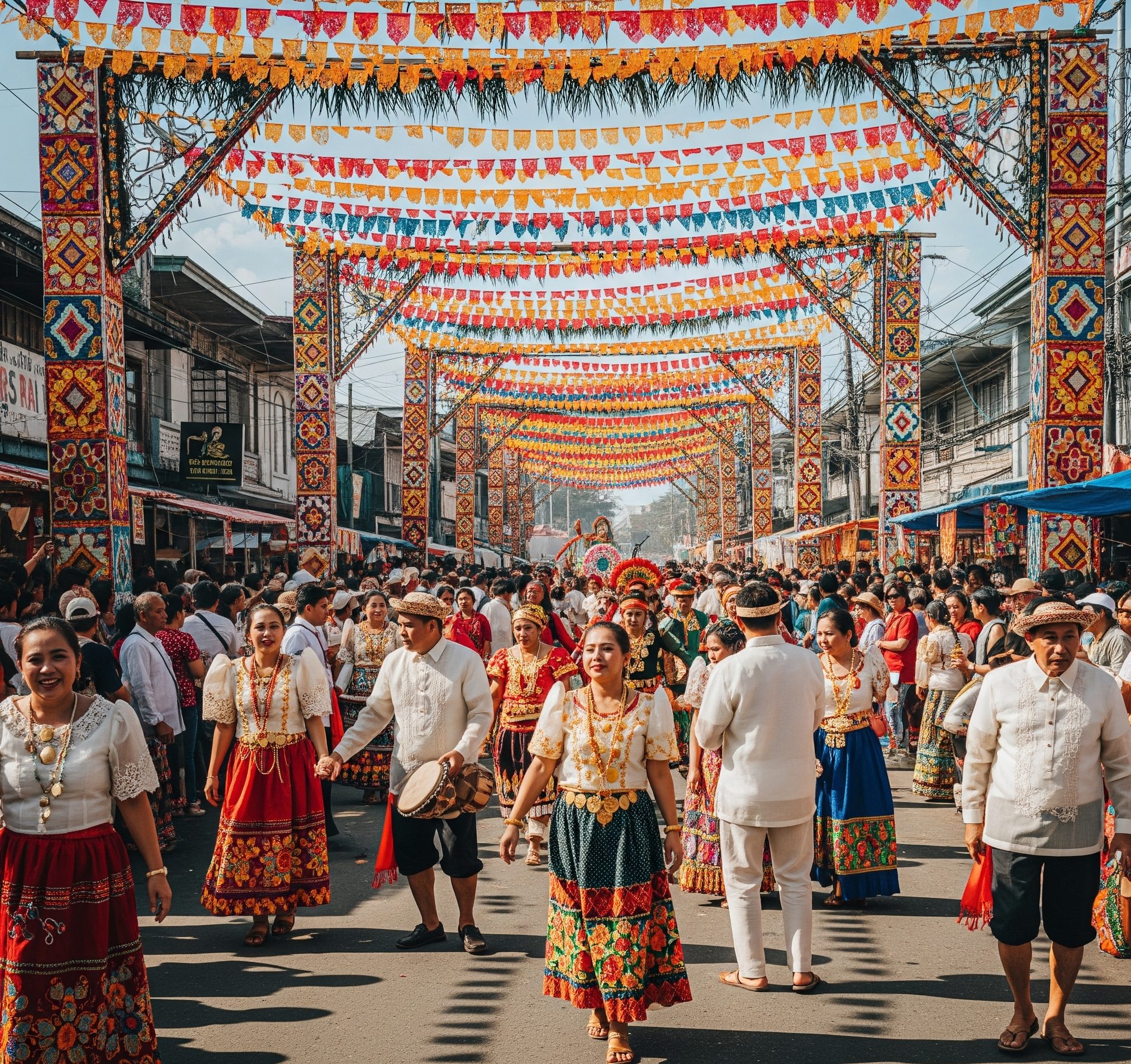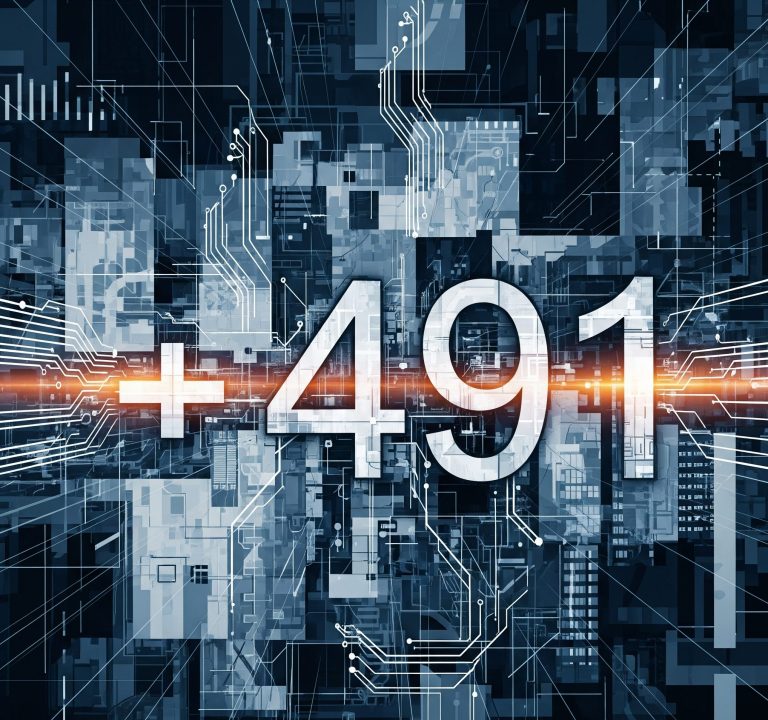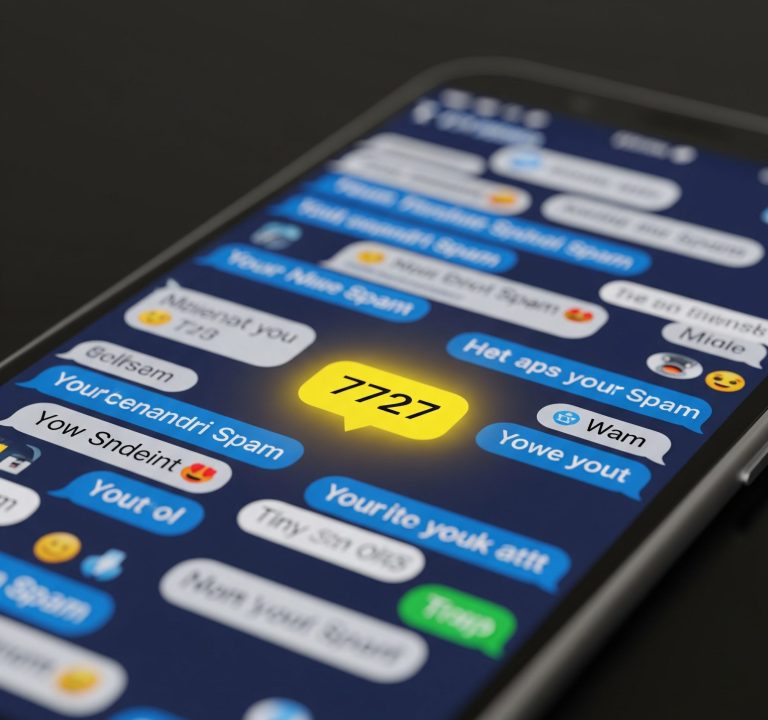Have you ever seen a phone number pop up on your caller ID, perhaps from an unfamiliar international source, starting with “+63”? If you’re an American navigating an increasingly globalized world, this might be a common occurrence. For many, the first instinct is to wonder, where is +63? Is it a scam? An unexpected call from a relative abroad? Or perhaps a business opportunity? This article aims to demystify the +63 country code, shedding light on its origin and what you can expect when encountering numbers from this part of the world.
Contents
The Geography of +63: A Southeast Asian Archipelago
To answer the question where is +63, we need to turn our gaze to Southeast Asia. The +63 country code belongs exclusively to the Philippines. This archipelagic nation, comprising over 7,600 islands, is located in the western Pacific Ocean, forming a vibrant and diverse tapestry of cultures, languages, and landscapes.
Understanding this geographical context is the first crucial step in identifying the source of a +63 call. It immediately tells you that the communication originates from a country with a significant diaspora in the United States, strong economic ties, and a rich history of cultural exchange.
Beyond the Number: What to Expect from a +63 Call
Knowing where is +63 is just the beginning. The next step is to understand the nature of calls originating from the Philippines. While it’s impossible to generalize every call, several common scenarios emerge:
Connecting with Family and Friends
The Philippines has one of the largest diasporas in the world, with a significant portion residing in the United States. It’s highly probable that a +63 call could be from a Filipino family member, friend, or acquaintance. Many Filipinos maintain close ties with relatives abroad, and phone calls are a primary means of communication. These calls are often personal in nature, ranging from simple check-ins to discussions about family matters or upcoming visits.
Business and Professional Communications
The Philippines has become a global hub for business process outsourcing (BPO), particularly in customer service, technical support, and various back-office functions. Many American companies outsource operations to the Philippines due to a highly skilled, English-speaking workforce and competitive labor costs. Therefore, a +63 number might be a legitimate call from:
- Customer Service: If you’ve recently contacted a company for support, your call might be routed to a call center in the Philippines.
- Technical Support: Similarly, IT or technical assistance for software, hardware, or online services often comes from Filipino service providers.
- Surveys or Market Research: Some companies conduct surveys or market research from the Philippines.
- Sales or Telemarketing: While less common for unsolicited calls, some businesses do engage in outbound sales or telemarketing from Filipino call centers.
It’s important to exercise due diligence, as with any unsolicited call, but understanding the prevalence of BPO in the Philippines can help you discern legitimate business calls from potential scams.

Recognizing Potential Scams
Unfortunately, the international nature of phone calls also opens the door to potential scams. While the vast majority of +63 calls are legitimate, it’s crucial to be aware of red flags. Scammers can originate from anywhere in the world, and the Philippines is no exception. Be wary of:
- Requests for Personal Information: Never provide sensitive personal or financial information over the phone unless you are absolutely certain of the caller’s legitimacy.
- Urgent Demands for Money: Scammers often create a sense of urgency, demanding immediate payment for fabricated debts, emergencies, or prizes.
- Unexpected Prize or Lottery Winnings: Be highly skeptical of calls informing you that you’ve won a lottery or prize you didn’t enter, especially if they ask for an upfront fee to claim it.
- Threats or Intimidation: Legitimate organizations will not threaten you with arrest or legal action over the phone for unpaid debts without prior formal communication.
If you suspect a call is a scam, it’s always best to hang up and report it to the appropriate authorities, such as the Federal Communications Commission (FCC) or the Federal Trade Commission (FTC).
Navigating International Calls: Tips for Americans
Now that you have a clearer understanding of where is +63 and what kinds of calls to expect, here are some practical tips for navigating international calls:
- Verify the Caller: If you’re unsure about the legitimacy of a call, especially from an unknown +63 number, consider doing a quick online search for the number or the organization they claim to represent.
- Be Cautious with Unsolicited Calls: Approach all unsolicited calls with a healthy dose of skepticism, regardless of their origin.
- Use Voicemail as a Filter: If you’re frequently receiving calls from unknown international numbers, consider letting them go to voicemail. Legitimate callers will usually leave a message.
- Block Unwanted Numbers: If a +63 number is repeatedly bothering you with unwanted calls, consider blocking it on your phone.
- Educate Yourself: Stay informed about common scam tactics and red flags. The more you know, the better equipped you’ll be to protect yourself.
conclusion
encountering a phone number starting with +63 means you’re likely receiving a call from the Philippines. Whether it’s a personal connection, a legitimate business interaction, or a potential scam, understanding the context of where is +63 empowers you to respond appropriately and confidently in our increasingly interconnected world.







